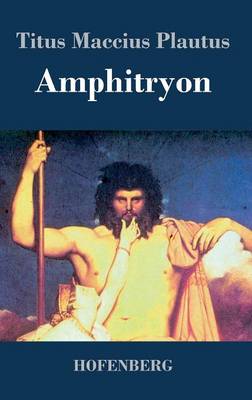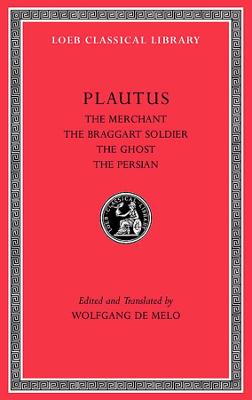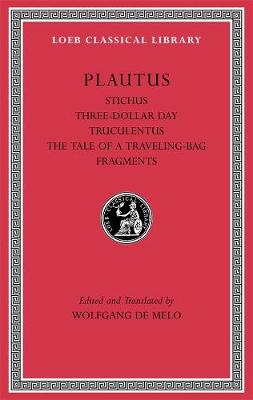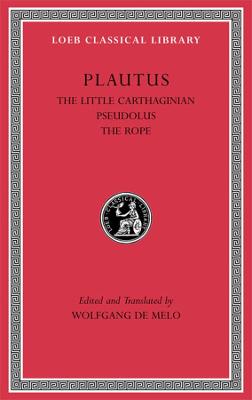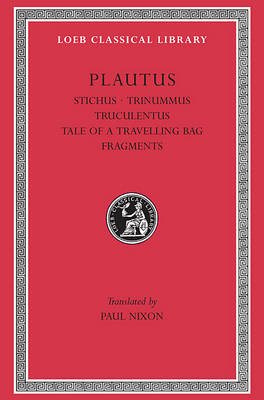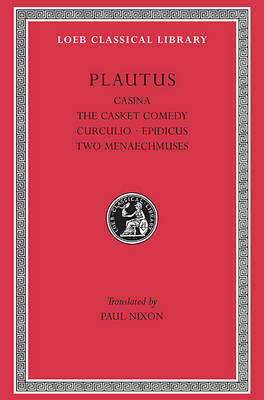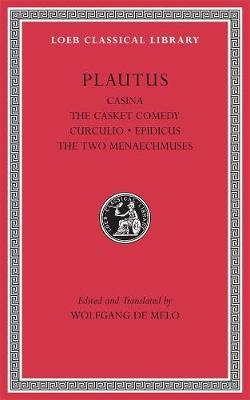Loeb Classical Library
3 primary works • 7 total works
Book 60
Book 163
The Merchant. The Braggart Soldier. The Ghost. The Persian
by Titus Maccius Plautus
Book 328
Stichus. Three-Dollar Day. Truculentus. The Tale of a Traveling-Bag. Fragments
by Titus Maccius Plautus
No 328
v. 61
